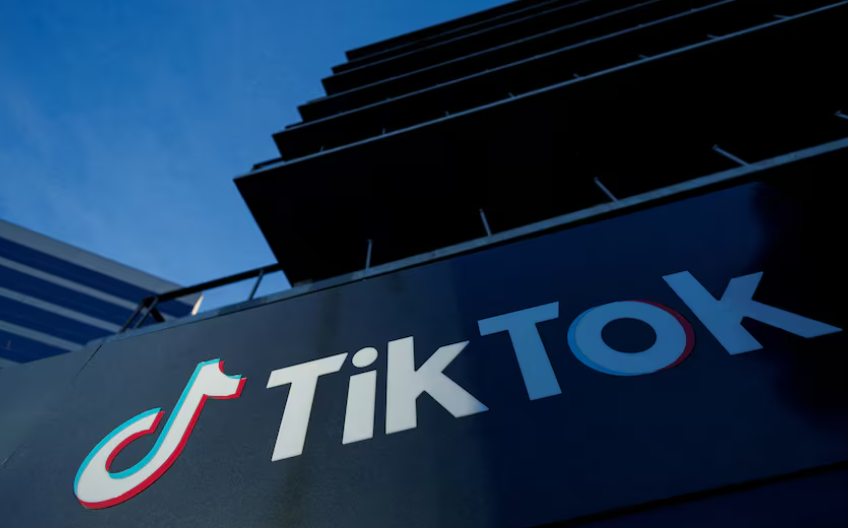The Supreme Court on Friday, January 17, 2025, upheld a law requiring TikTok’s parent company, China-based ByteDance, to divest ownership of the platform, potentially leading to a nationwide ban.
According to NBC, the ruling, issued in an unsigned opinion with no dissents, allows the law to take effect on Sunday, sparking widespread uncertainty about the future of the popular app.
The law, passed by Congress amid national security concerns, requires ByteDance to sell the app to a U.S.-based entity or face a ban. While the Biden administration has indicated it will not enforce the law immediately, the timing coincides with President-elect Donald Trump taking office Monday. Trump has suggested he may pursue a resolution to keep TikTok operational in the U.S.
National Security Concerns Drive Legislation
The bipartisan law stems from fears over the Chinese government’s potential influence on TikTok. The Justice Department argued that ByteDance could use the app to manipulate content and collect sensitive data from millions of American users.
In its ruling, the Supreme Court emphasized that the law targets national security risks rather than restricting free speech. “TikTok’s scale and susceptibility to foreign adversary control, together with the vast swaths of sensitive data the platform collects, justify differential treatment,” the court stated.
Justice Neil Gorsuch, in a concurring opinion, expressed skepticism about the government’s concerns over content manipulation, likening it to editorial decisions made by journalists and publishers.
Uncertain Future for TikTok
As TikTok faces potential removal from app stores like Apple and Google, content creators may be forced to migrate to platforms like Instagram Reels and YouTube Shorts. ByteDance has maintained it will not approve a sale, adding to the uncertainty.
Former President Trump, who previously attempted to ban TikTok during his administration, has softened his stance, even expressing a “warm spot” for the platform. Among his options, he could extend the deadline for a divestment or decline to enforce the law altogether.
The Biden administration’s position further complicates the matter. White House press secretary Karine Jean-Pierre noted that while TikTok should remain accessible, national security concerns must be addressed.
Broader Implications
If TikTok “goes dark,” as suggested during Supreme Court oral arguments, the ripple effects on content creators and businesses reliant on the platform could be significant.
TikTok’s potential ban marks a pivotal moment in balancing national security with the digital economy and freedom of expression.

